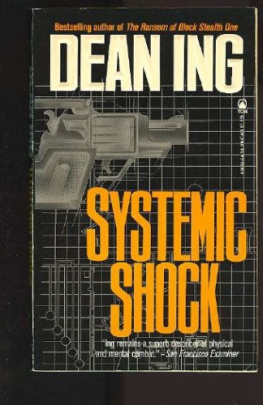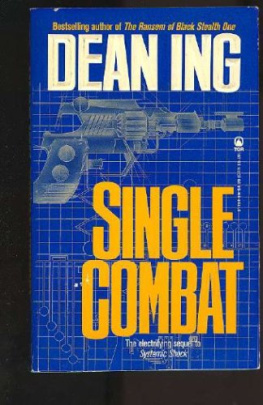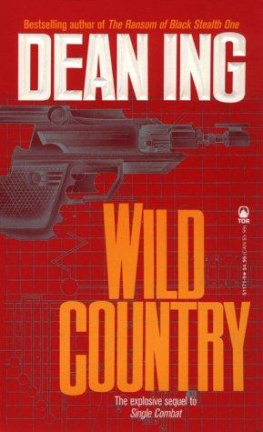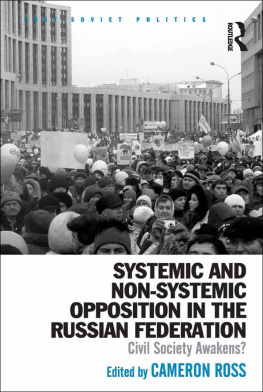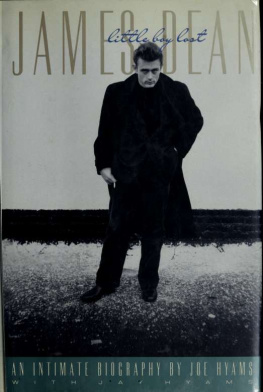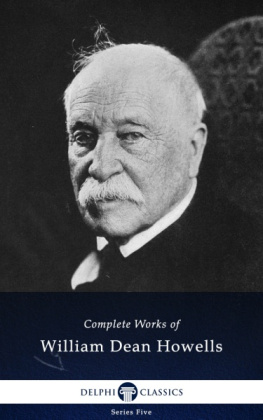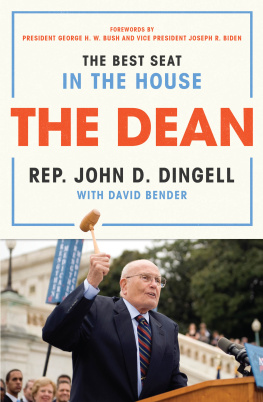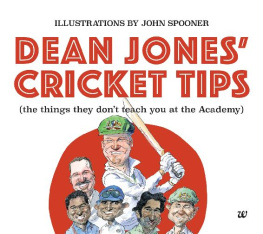Dean Ing - Systemic Shock
Here you can read online Dean Ing - Systemic Shock full text of the book (entire story) in english for free. Download pdf and epub, get meaning, cover and reviews about this ebook. year: 1992, publisher: Tor Books, genre: Detective and thriller. Description of the work, (preface) as well as reviews are available. Best literature library LitArk.com created for fans of good reading and offers a wide selection of genres:
Romance novel
Science fiction
Adventure
Detective
Science
History
Home and family
Prose
Art
Politics
Computer
Non-fiction
Religion
Business
Children
Humor
Choose a favorite category and find really read worthwhile books. Enjoy immersion in the world of imagination, feel the emotions of the characters or learn something new for yourself, make an fascinating discovery.
- Book:Systemic Shock
- Author:
- Publisher:Tor Books
- Genre:
- Year:1992
- Rating:3 / 5
- Favourites:Add to favourites
- Your mark:
- 60
- 1
- 2
- 3
- 4
- 5
Systemic Shock: summary, description and annotation
We offer to read an annotation, description, summary or preface (depends on what the author of the book "Systemic Shock" wrote himself). If you haven't found the necessary information about the book — write in the comments, we will try to find it.
Systemic Shock — read online for free the complete book (whole text) full work
Below is the text of the book, divided by pages. System saving the place of the last page read, allows you to conveniently read the book "Systemic Shock" online for free, without having to search again every time where you left off. Put a bookmark, and you can go to the page where you finished reading at any time.
Font size:
Interval:
Bookmark:
Scanned by Highroller and proofed more or less byHighroller .
PART I: VICTIMS
Chapter 1
In early August of 1996 theAtlantic states baked like some vast piecrust under a paralyzing heat wave. Itmoved scoutmaster Purvis Little, in Raleigh, to plan the Smoky Mountain packtrip that would save a few lives. It also moved the President of the UnitedStates to his retreat in the Shenandoah hills.
The weather relented on theevening of Friday, the ninth. Young Ted Quantrill hardly noticed, racing homeafter his troop meeting in Raleigh, because he knew he'd have to politick forthat pack trip. The President noticed it still less; despite the airconditioning in his hoverchopper, a tiara of sweat beaded his balding head. Thebulletin that had drawn him back to Washington suggested complications in thesharp new rise of foreign oil prices; a rise that in itself further impeded hisrace for reelection against Utah's Senator Yale Collier. The Presidentconsidered Yale Collier a charismatic fool. Ted Quantrill's parents thought thesame of scoutmaster Little. In any event, a modest proportion of fools wouldsurvive the next week, while some of their critics would die.
Chapter 2
Through twenty years andthree administrations, pundits in American government had watched helplessly asthe Socialist Party of China wooed lubricious favors from the Middle East.Every few years some think-tank would announce that global addiction to oil wason the wane, thanks to this or that alternative energy source. Just as regularly,the thinkers went into the tank. Fusion was still an elusive technique. Newfission plants had been banned in the UN General Assembly after the pandemic offear that peaked in 1994. Loss of coolant (Alabama, '87), outgassing (Wales,'91), partial meltdown (Karachi, '93), and accidental scatter of confinedradioactive waste (Honshu, '89; Connecticut, Shantung, '94) had taken only afew hundred livesfar fewer than, say, offshore oil rigs had taken.
But the fission boojum hadscared the bejeezus out of voters from Reykjavik to Christchurch, and evenautocrats reluctantly agreed to decommission some of their reactors. It was notthat fission plants no longer existed, but they were fewer while powerrequirements grew.
If the million-plus deathsfrom the Birmingham and Minsk bombs of '85 added to the clamor against fissionplants, that connection was hard to find. A million deliberate killings washuman nature acceptable to the public, while a few hundred accidental killingscomposed a goad toward reform. Industrialized nations rushed to develop cleanpower sources. Meanwhile, they continued to burn petroleum.
Direct solar conversion,wind-driven generators, and alternative chemical fuels plugged part of theenergy gap, while the price of energy made conservationists of most Americans.Still, fossil fuel remained a favored energy source: storable, compact, simple.While developing one's own oil resources, one was wise to import as much aspracticable. So said the Chinese; so said we all. As early as 1979 China'sruling party, the SPC, served notice of its intent to anyone who might bepaying attention. The SPC's official news agency, Xinhua, said:
Nearly 160 Moslem mosques ofthe autonomous Ningxia Hui region of Northwest China are being reopened afterdamage to varying degrees in the past few years. The mosques are under repairwith government funds, including the famed Yinchuan edifice and a Tonxin mosqueknown to be 800 years old.
And again:
The Koran, the sacred book ofIslam, is now being retranslated into Chinese
Though riddled with dissenton many topics, the Associated Islamic Republics was quick to imply devoutthanks to China for her turnabout. The SPC could pivot as effortlessly on oilas anybody, with better coordination than the reconstituted, ham-fisted RussianUnion of Soviets.
The abortive NATO-USSRconflict of 1985 has been chronicled elsewhere by Hackett, et al.Doubtless it won the popular title of World War Three on the basis of thenuclear exchange that swapped Birmingham in England for Minsk in Byelorussiabefore the collapse of the USSR. The newer and smaller RUS retained the frozenmineral wealth of Siberia; had lost nothing directly to China. But the landslost to the RUS were all in the temperate zone where grainand Islamcould be grown,and even exported.
No war, or any othermovement, could be considered truly worldwide if it did not directly involvethe two billion residents of China and India. Between 1985 and 1996, China'sheavy industry expanded with Chinese supertugs towing icebergs to (ex-Saudi)Arabian shores, bringing desalinization equipment to rival Israel's and aidingthe transformation of desert wastes. If a few million Chinese suffered fromlack of that equipment in 1995, the SPC could wax philosophical so long asthose old Japanese-built oil tankers kept sliding into ports near Peking.
China did not lack oil butwhat she had, she proposed to keep while importing more from reluctant Mexicansand willing Arabs. India was not rich in oil; but she was well-positioned toobtain it easily from Islamic friends.
All this, Americans knew.What had alarmed the State Department a week previously was the first of aseries of urgent communiques from Mikhail Talbukhin, the RUS ambassador. TheSupreme Council of the RUS had decided that Talbukhin should share a maddeningdiscovery with us: recent price hikes on Arab oil were by no means uniform.
The Russians hadvoice-printed tapes to prove it. China and India were obtaining massivekickbacks, and had done so for years. Somehow, under the noses of US and RUSspy satellites, the Sinolnd powers were obtaining twice as muchMiddle-East oil as we had thought.
At first the notion ofsmuggled oil seemed wildly unlikely, but State Department people agreed thatthe evidence was convincing. The President addressed the question, What Do WeDo About It? He did not address it quickly enough for RUS leaders, who saw thatsomething was done about it the following Tuesday.
On Tuesday, August 6, atremendous explosion had been noted by a US satellite over India's coastalstate of Gujarat. It was no coincidence that Gujarat lay directly across theArabian Sea from the source of India's, and China's, oil. Within hours theUnited States had stood accused, on the evidence of Indian ordnance experts, ofsabotaging a huge Indian water conduit. The RUS backed US denials; not merelybecause Russians had in fact done the job themselves, but for a much betterreason. The RUS craved Western support against the unreconstructed socialistsnext door.
By Thursday, August 8,alliances had crystallized in the UN. Every active unit of the National Guardwent on standby alert.
Chapter 3
Ted Quantrill had given uphope of shouldering a backpack until his father, an active reservist, took ahard look at his orders on a Thursday evening. The following day, Ted was enroute to the high Appalachian Trail. On that day the boy assumed his ownargumentthe trek would be his fifteenth birthday presenthad caused the changeof heart. Only later did Ted Quantrill begin to suspect the truth.
Chapter 4
From satellite and localreport, it was obvious that the Gujarat disaster was more than the loss of awater conduit. Whole square kilometers were ablaze in an area known for itsexperimental cotton production by Indians with Chinese advisors. But cotton didnot burn this way; and even if it did, China would not have risen to suchmonolithic fury over a trifling setback to an ally's agribiz. The blaze and thefury might be appropriate if both were rooted in oil. Not a few thousandgallons of it, but a few million.
Ranked fourth behind Arabia,the RUS, and Mexico in her known reserves of oil, China could have beenproviding India's supply, and this scenario was studied. But China exportedsignificant quantities of the stuff only to Japan. With its expertise inshipbuilding and manufacture of precision equipment, Japan slowly forged herco-prosperity link with China, and shared the cyclopean fuel supply. Some ofChina's imported oil came from Mexico and Venezuela and some, for the sake ofappearance, came in tankers from the Middle East. American satellites yieldedan estimate, based on a nosecount of tankers through the Strait of Hormuz, thatChina was buying a third of her oil from Arabs.
Next pageFont size:
Interval:
Bookmark:
Similar books «Systemic Shock»
Look at similar books to Systemic Shock. We have selected literature similar in name and meaning in the hope of providing readers with more options to find new, interesting, not yet read works.
Discussion, reviews of the book Systemic Shock and just readers' own opinions. Leave your comments, write what you think about the work, its meaning or the main characters. Specify what exactly you liked and what you didn't like, and why you think so.

